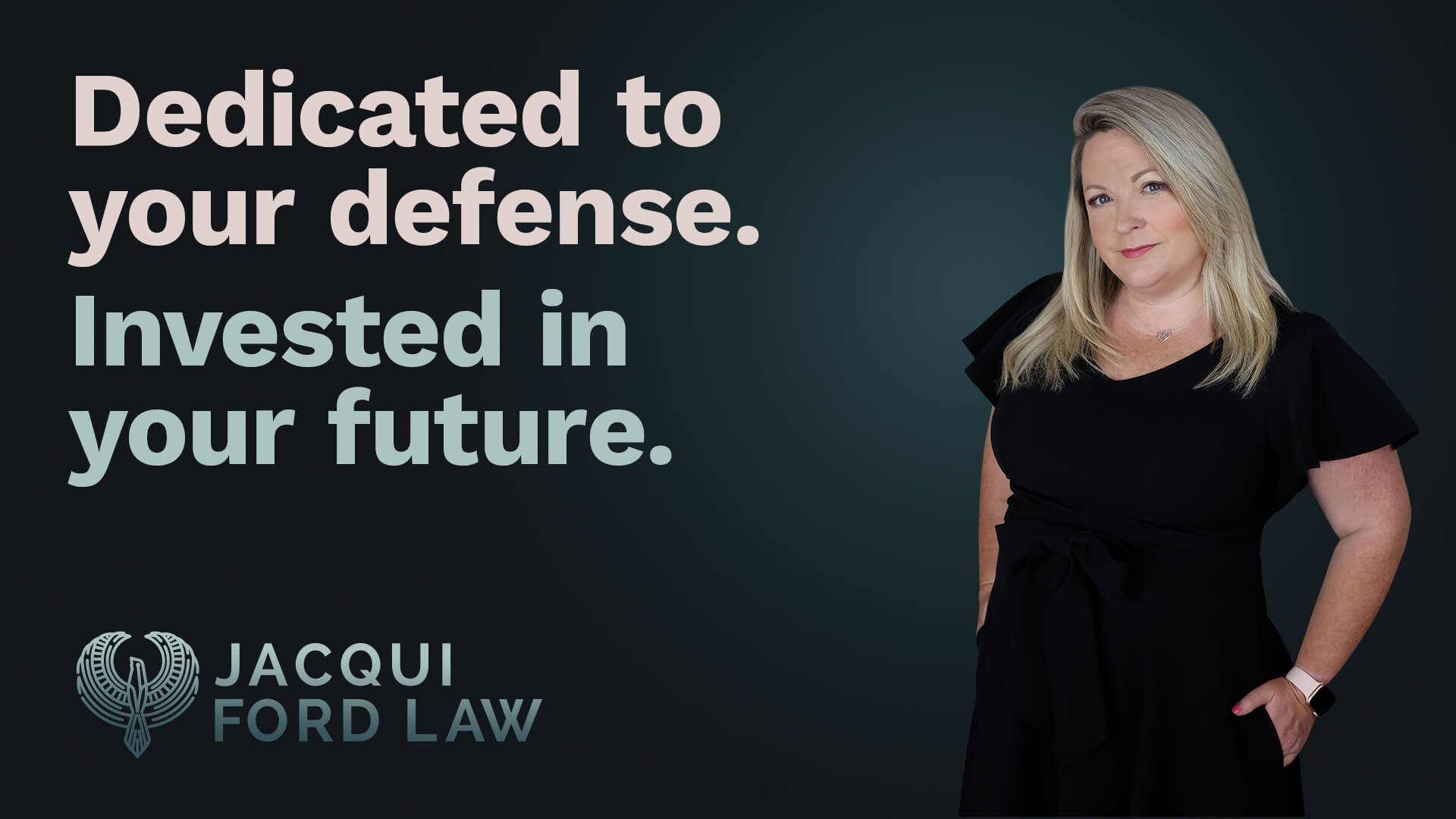
What Happens to Illegally Obtained Evidence?
May 24, 2022
What Happens to Illegally Obtained Evidence?
When police perform a search, there are certain rules they have to follow. The fourth amendment guarantees protection from unreasonable search and seizure to every American. The exact words read: The right of the people to be secure in their persons, houses, papers, and effects, against unreasonable searches and seizures,…
